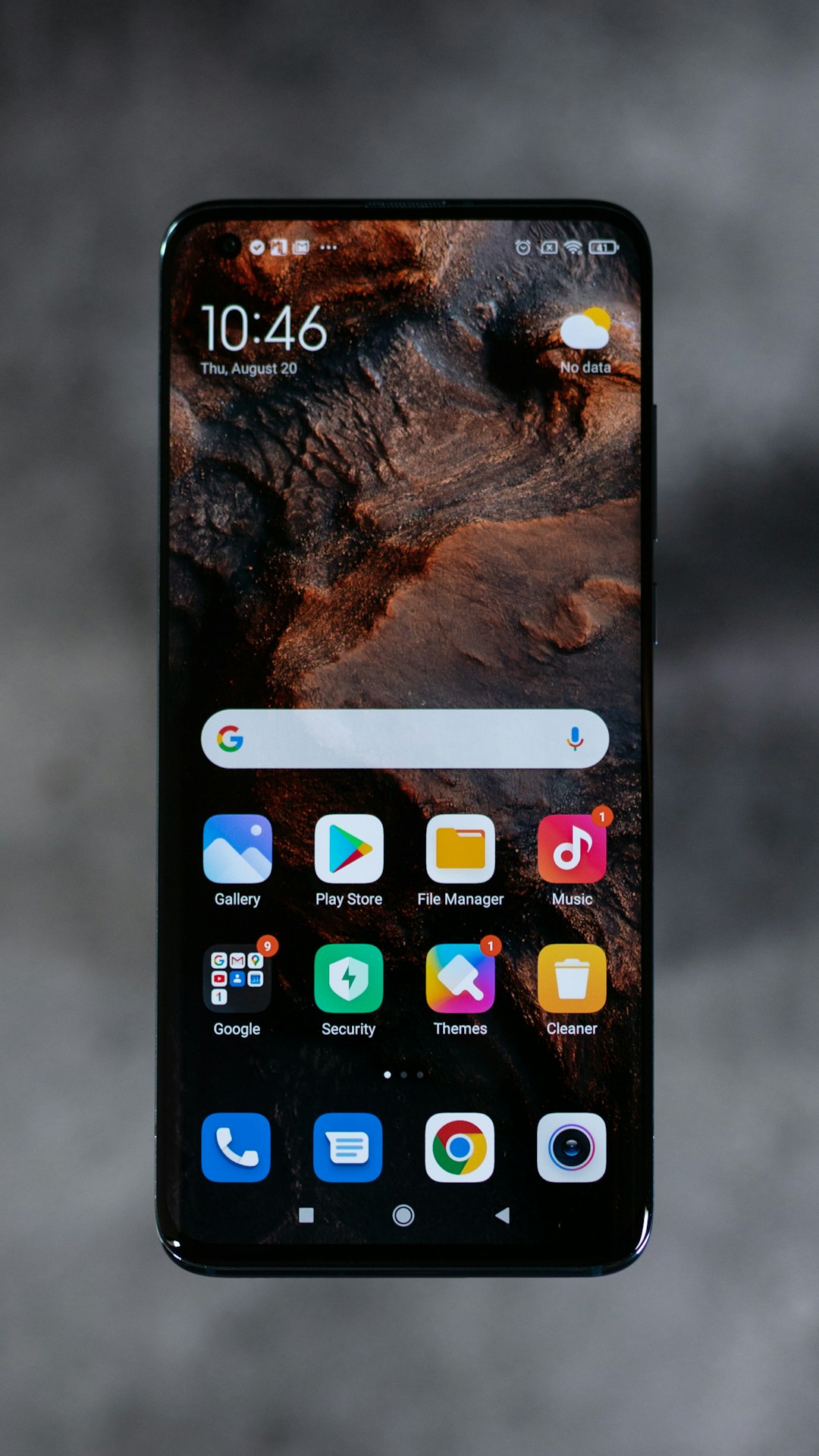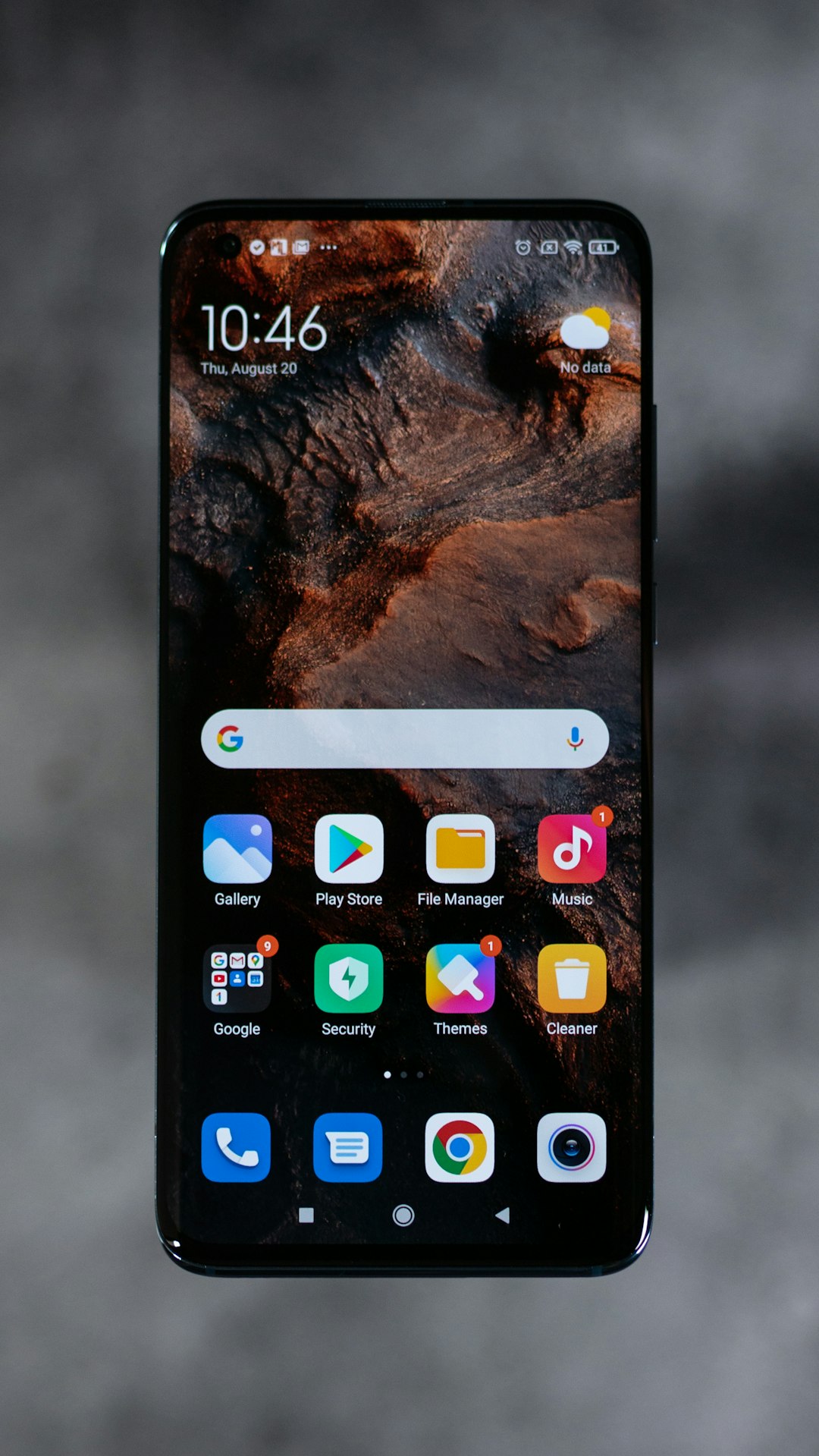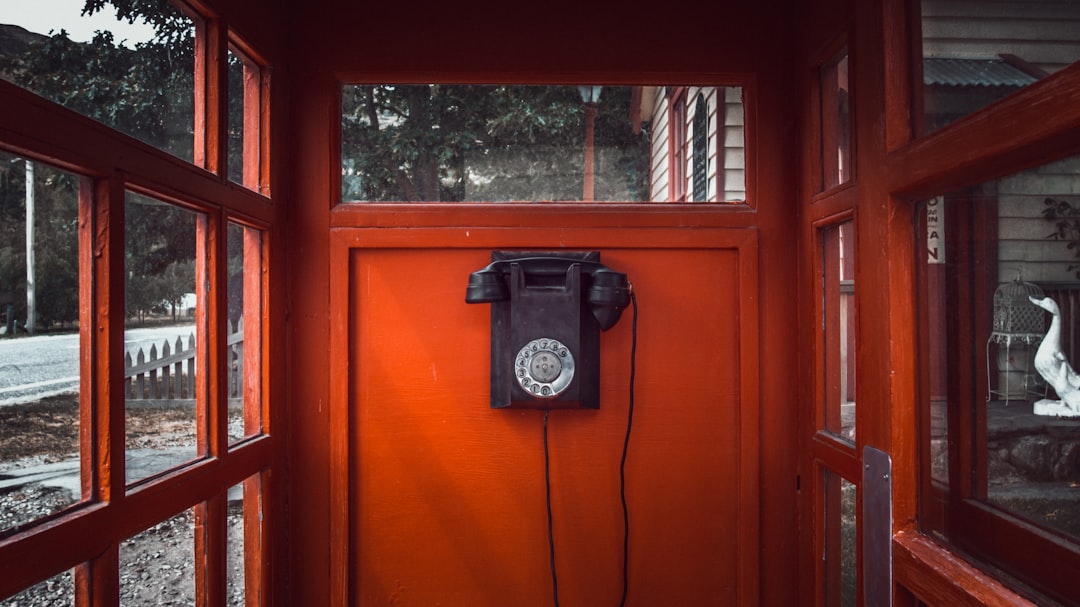Telemarketers in Greenwood, Indiana, face strict No Call Laws that protect residents from unsolicited calls. Prior consent is mandatory before dialing numbers on the state's Do Not Call list, with penalties for non-compliance up to thousands per violation. Compliance involves obtaining explicit permission, providing opt-out options, and adhering to call timing regulations to avoid legal action and maintain business integrity.
In Greenwood, Indiana, understanding and adhering to No Call Laws is crucial for telemarketers aiming to avoid violations. This article guides you through the intricate web of Indiana’s consumer protection laws, detailing the legal obligations of telemarketers. We explore best practices to ensure compliance, highlight common mistakes that can lead to costly consequences, and provide resources for efficient complaint resolution. By mastering No Call Laws in Indiana, telemarketers can navigate their roles ethically and effectively.
Understanding No Call Laws in Indiana

In Indiana, telemarketers must adhere to strict No Call Laws designed to protect residents from unwanted phone calls. These laws are in place to give consumers control over their privacy and ensure that telemarketing practices are ethical and respectful. The No Call List is a registered database of telephone numbers that have opted out of receiving telemarketing calls, making it illegal for businesses to call these numbers without prior consent.
Indiana’s No Call Laws not only mandate compliance with the state’s Do Not Call list but also regulate the timing and frequency of calls. Telemarketers must obtain explicit permission before calling and should avoid excessive calling attempts, especially during restricted hours like early mornings or late evenings. Understanding and adhering to these regulations is crucial for telemarketers in Greenwood, Indiana, to maintain compliance and avoid potential violations.
Telemarketers' Legal Obligations

Telemarketers operating in Greenwood, Indiana, like elsewhere, are bound by strict regulations aimed at protecting consumers from unwanted phone calls, often referred to as “No Call Laws.” These laws vary by state but generally require telemarketers to obtain prior consent from recipients before making sales or promotional calls. Violating these rules can lead to significant penalties for businesses and individuals alike.
In Indiana, the No Call Law prohibits telemarketers from placing calls to phone numbers registered on the state’s “Do Not Call” list. Consumers in Greenwood have the right to opt-out of receiving marketing calls at any time, and telemarketers must honor these requests. Failure to adhere to these legal obligations can result in fines and damage to a company’s reputation, emphasizing the importance of compliance for all outbound sales representatives.
Avoiding Violations: Best Practices

To avoid violations under No Call Laws in Indiana, telemarketers should prioritize consumer consent and respect privacy rights. Obtaining explicit permission from callers before initiating any sales pitch is non-negotiable. This means clearly explaining the purpose of the call and providing an opportunity for the recipient to opt out or decline participation. Telemarketers must also ensure they maintain accurate records of customer preferences, adhering to opt-out requests promptly and permanently blocking numbers that have expressed disinterest.
Best practices further include being transparent about the nature of the call and its potential outcomes. Honesty about the purpose of contact fosters trust and reduces complaints. Additionally, telemarketers should be mindful of timing; avoiding calls during unusual hours or days (e.g., early mornings, late evenings, weekends) can minimize annoyance. Compliance with No Call Laws not only helps maintain a positive reputation but also ensures legal adherence, safeguarding businesses from potential fines and lawsuits.
Common Mistakes and Their Consequences

Telemarketers in Greenwood, Indiana, must adhere to strict regulations, especially regarding No Call Laws Indiana to avoid violations. Common mistakes include failure to obtain proper consent, making calls to numbers on do-not-call lists, and not providing clear opt-out options. These errors can lead to significant consequences, such as hefty fines, damage to the company’s reputation, and loss of customer trust.
For instance, Indiana’s No Call Laws protect residents from unwanted telemarketing calls. Telemarketers who disregard these laws face legal repercussions, including suits for damages and penalties that can amount to thousands of dollars per violation. To stay compliant, businesses should thoroughly vet their call lists, ensure informed consent, and offer multiple ways for recipients to opt out of future communications.
Resources for Complaint Resolution

In Greenwood, Indiana, like in many areas across the US, telemarketers must adhere to strict regulations, including No Call Laws designed to protect residents from unwanted calls. If a customer files a complaint about a violation of these laws, there are several resources available for resolution. Many states, including Indiana, have established do-not-call registries and hotlines where consumers can register their numbers to avoid telemarketing calls. Additionally, customers can file complaints directly with the state attorney general’s office or local consumer protection agencies. These entities investigate violations and take appropriate actions against offenders.
Telemarketers in Greenwood should also be aware of industry associations and internal policies that promote ethical practices. Organizations like the Better Business Bureau (BBB) offer dispute resolution services, helping to mediate between consumers and businesses over telemarketing disputes. Many companies have their own complaint resolution processes in place, encouraging customers to reach out directly for a swift resolution rather than escalating issues through legal channels.






